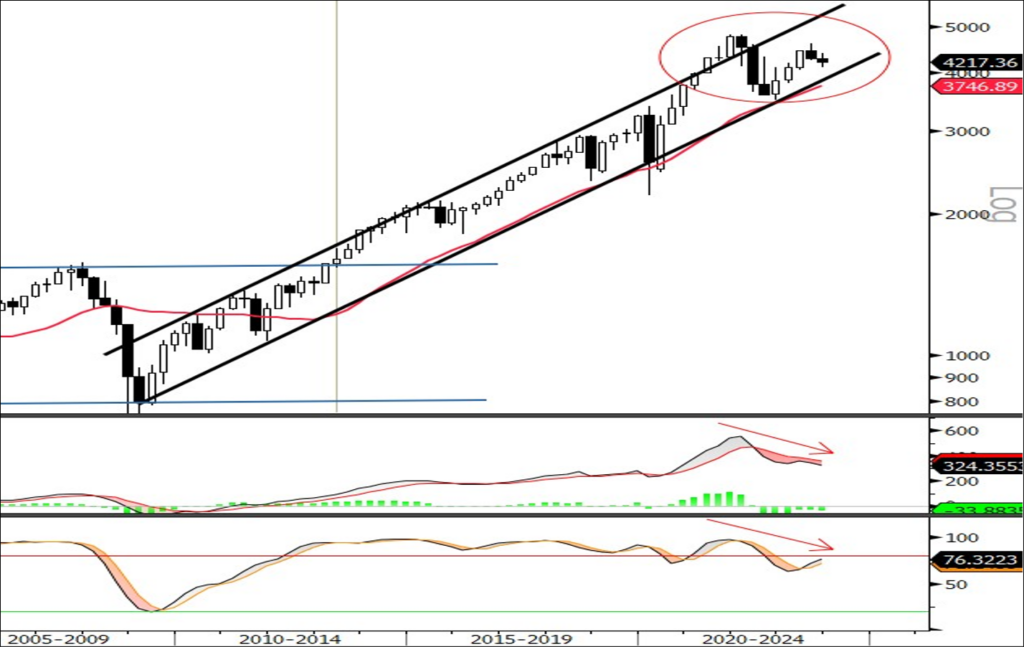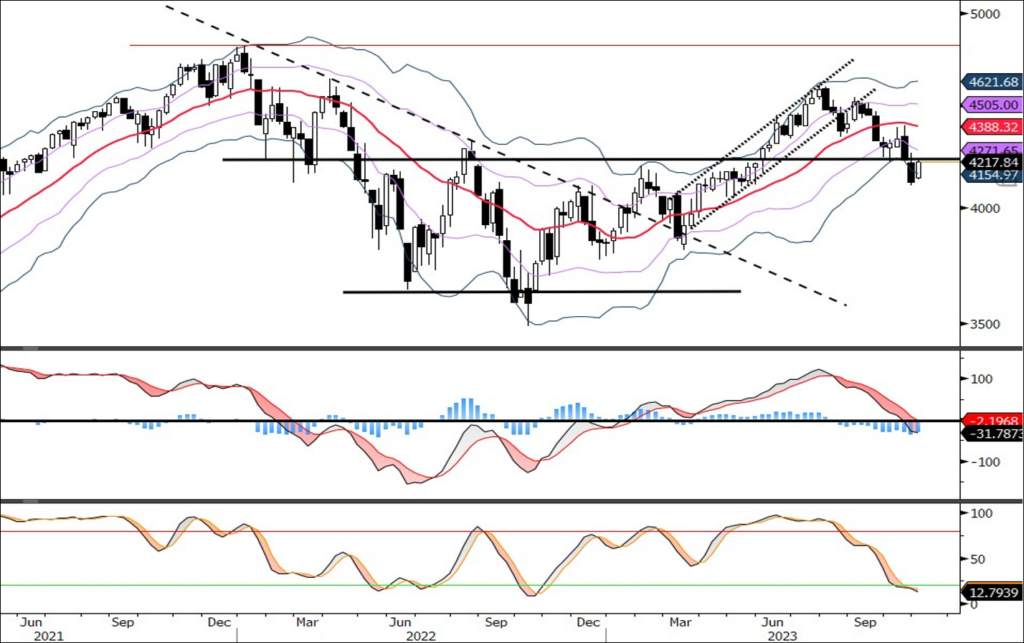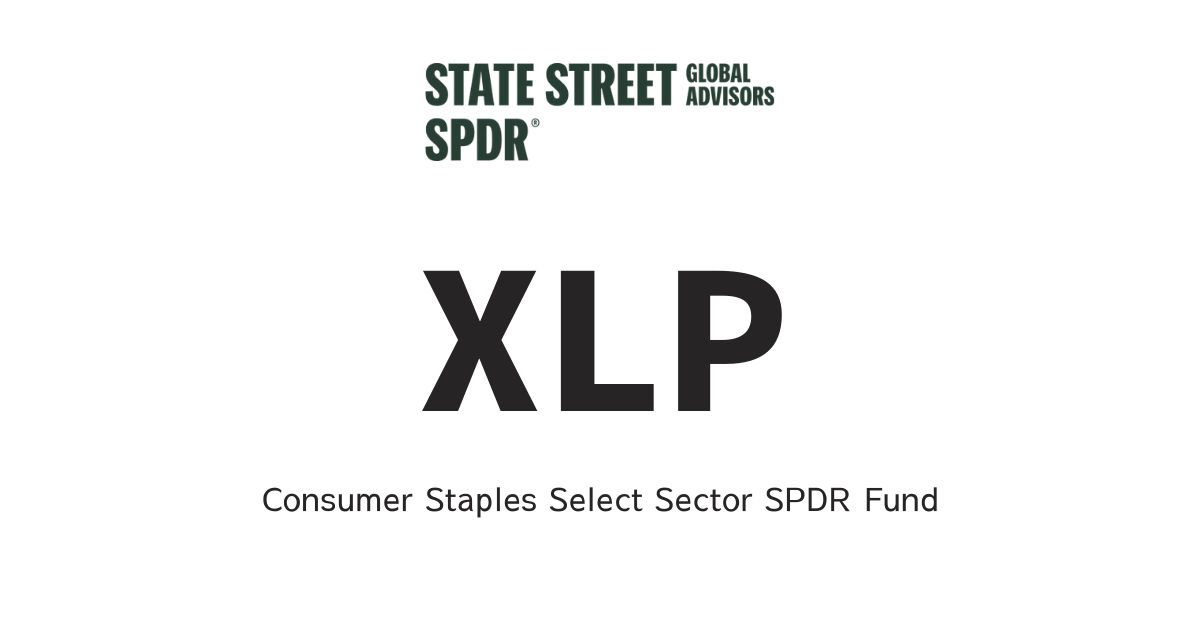Monthly Outlook - November 2023
Safe Haven Assets: Navigating the economic downturn
October at a glance: What you need to know- October 2023 saw significant changes in the U.S. labor market, geopolitical tensions stemming from the Israel-Gaza conflict and major corporate developments affecting global markets.
- Economic concerns arose as Americans resumed student loan payments, and political upheavals, such as the impeachment of Kevin McCarthy, raised governance issues. Corporate challenges included Walmart's declining food sales and Amazon's legal problems.
- Economic data showed mixed signals, with retail inflation rising, but strong US GDP growth of 4.91GDP3Q3 in the third quarter. Investor fears increased, culminating in rising US 10-year bond yields and concerns about the Fed's actions.
Macro Corner
October 2023 saw significant economic, geopolitical and corporate developments that impacted global markets. The month began with an increase in U.S. employment, which boosted equity and bond markets. U.S. Treasury yields reached their highest level in years. However, concerns arose as millions of Americans resumed student loan payments after a three-year pause due to the pandemic. The Biden administration approved an additional $$9 billion in student loan cancellations to alleviate the situation. There were also political tensions, including the impeachment of U.S. House Speaker Kevin McCarthy, which raised concerns about a federal government shutdown. On the corporate front, Walmart experienced a decline in food purchases, and Amazon faced legal challenges for alleged price manipulation. Geopolitical tensions increased due to the conflict between Israel and Gaza, leading investors to seek refuge in safe-haven assets such as gold. Large banks such as JPMorgan and Wells Fargo reported solid third-quarter earnings. However, geopolitical unrest led to an increase in oil prices, especially after Israel's declaration of war on Hamas. Other notable corporate events included the disappointing debut of Birkenstock's IPO and Microsoft's acquisition of Activision Blizzard. Economic data at the end of the month was mixed, with September retail inflation higher than expected due to rising rental costs. Despite slower Consumer Price Index growth, there were discussions about possible actions by the Federal Reserve, with some expectations of another interest rate hike later in the year. The U.S. 10-year bond market reached new 5% highs, indirectly affecting the stock market in recent weeks. All of the above tells us that the macroeconomic situation has become fragile, with high interest rates, tight credit conditions and negative leading indicators, leading to the need for caution on the part of investors.Technical Corner
Prices continued their downward pressure in October and challenged the key support level of 4,200. The market's ability to reach new highs in 2023 was significantly reduced, as prices should continue their medium-term downtrend. As seen on the weekly chart, the short-term situation is quite oversold. However, the weekly MACD has crossed its zero line and is far away from crossing its bullish signal, which could mean that the current market rebound should only be temporary and that prices should resume downward after the rebound in this period. The long-term momentum indicators on the quarterly chart are forming bearish divergences with prices, indicating further weakness in 2024. On the quarterly chart, we observe a long-term downward process of the equity market after almost 15 years of a bull market. On the other hand, we do not see the market continuing with the same dynamics of the last 15 years, as the economic situation, interest rate levels and overall system leverage are challenging future dynamics, so the era of high single-digit annual returns is likely behind us.S&P 500 (4'222.90) / Quarterly Chart

S&P 500 (4'222.90) / Weekly chart

Topic of the month
What asset to consider in a recession situation?
Over the past three months, the stock market has fallen by more than 10%. This slowdown, punctuated by brief rallies, is likely to intensify. Prices have broken the uptrend established since October 2022 and have fallen below the crucial support of the 200-day moving average. Elevated valuations are a concern given the slowdown in the economic cycle. While some leading indicators, such as purchasing managers' confidence, show signs of recovery, they hover around the contraction-expansion threshold. The effects of monetary policy tightening are gradually permeating the economy, and governments, businesses and households have yet to fully experience its constraints, we can use US housing as an example, as 30-year mortgage rates rose from 3.0% to 8.1% between October 2021 and October 2023. In this uncertain environment, investors are seeking refuge in safe haven assets. While bonds are underperforming, the mantra "cash is king" is resurfacing. Five potential safe havens are the US dollar, Japanese yen, Swiss franc, gold and Bitcoin. The US dollar, backed by the world's dominant economic and political power, accounts for 89% of global currency volume. Its value typically rises during economic downturns. However, its long-term value is influenced by interest rates and inflation. Currently, the dollar is overvalued and any change in Federal Reserve policy could trigger its depreciation. Japan, a historical exporter of capital, sees its yen appreciate during crises due to capital repatriation. However, the Bank of Japan's aggressive monetary policy dilutes the value of the yen, making investors cautious. The Swiss franc, backed by the robust Swiss economy, remains a reliable safe haven. Gold and bitcoin, both independent of government interventions, offer contrasting safety profiles. Gold, a tangible asset with industrial applications, is less susceptible to regulatory interventions than bitcoin, a digital asset with no utilitarian function beyond trading. With ongoing crises in bonds, property and stocks, investors are turning to cash. Among safe havens, gold and the Swiss franc stand out for their stability, while the yen's value proposition is diminished by Japan's monetary policy. Bitcoin, given its inherent risks, does not fit the traditional safe haven mold.What we have in our sights

- Consumer Staples Select Sector SPDR Fund
- XLP
- UNITED STATES
- Equity Consumer Group
- USD



